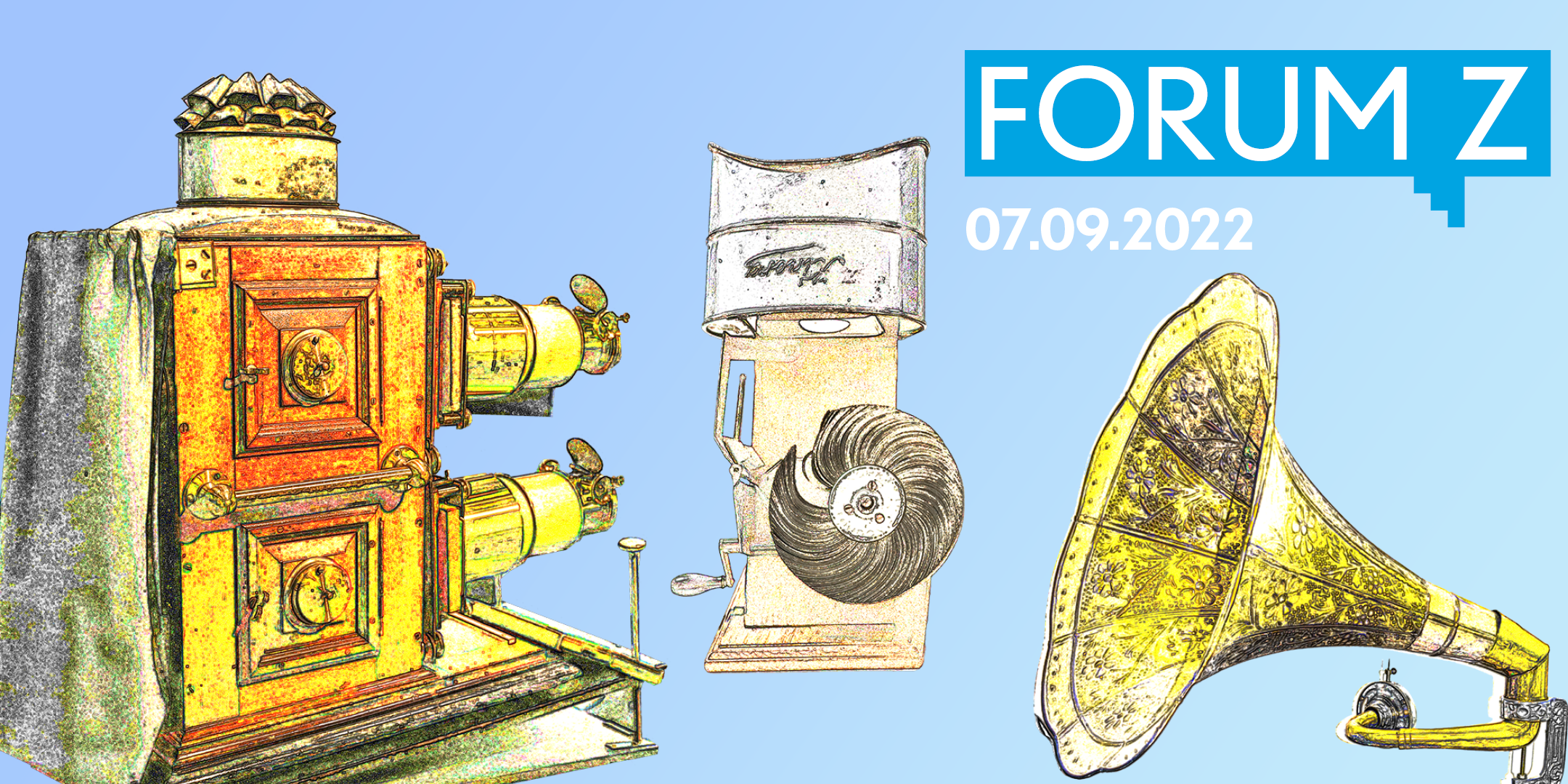The conference is organised by the C²DH within the context of the project "Doing Experimental Media Archaeology: Practice & Theory" (DEMA), funded by the Luxembourg National Research Fund (FNR).
There has been a growing interest in the use of experimental approaches to the study of media histories and their cultures. An increasing number of scholars researching at the intersection of media history and theory are breaking new ground while working with archival sources and artefacts in experimental ways, e.g. through historical re-enactments and hands-on simulations. In their 2014 essay “Experimental Media Archaeology: A Plea for New Directions”, Andreas Fickers and Annie van den Oever underline the heuristic potential of hands-on approaches for re-sensitising scholars to the materiality of bygone media technologies and the tacit knowledge involved in their technical, social and cultural usages: “Doing re-enactments with old media technologies in an experimental media-archaeology lab will produce new historical, ethnographic and empirical knowledge about past user practices and media experiences.”1 Historical re-enactments, for instance, can create new insights about the sense of time and temporality that is inscribed in the materiality of media technologies and bring about more awareness of the spatiality and social dynamics involved in past media usages. Hands-on experiments will also enable a better understanding of the constructivist nature of, e.g. film and video, photographs and audio recordings, as historical sources, and allows us, in essence, to experience past media usages as social and cultural practices.
While the heuristic potential of experimental media archaeology has been traced before, the practical and methodological challenges of hands-on work in this field as a new means of knowledge production have been largely unexplored. One of the objectives of the project "Doing Experimental Media Archaeology: Practice & Theory", in which context this conference takes place, has therefore been to explore the heuristic possibilities of an experimental study of past media technological objects and to systematically reflect on the methodological underpinnings of doing experimental media research. In other words, the shift within the field of media archaeology from discourse-oriented to hands-on, experimental research practices has now reached a critical point where a thorough groundwork on theoretical and practical notions underpinning DEMA has been strategised.
Keynote speakers
Erkki Huhtamo: Device and Dispositif: Conceptual Tools for Experimental Media Archaeology
Erkki Huhtamo is Professor of Design Media Arts, and Film, Television, and Digital Media at the University of California Los Angeles. He is considered one of the founding figures of Media Archaeology.
Lori Emerson: Flexible, Emergent, and Medium-Specific | Methodologies for Hands-On Experimentation
Prof Lori Emerson is the Intermedia Art, Writing and Performance program director, as well as an associate professor in the Department of English and founding director of the Media Archaeology Lab At the Univeristy of Colorado, Boulder.
Practical information
8-9 September 2022
Science Center
1 Rue John Ernest Dolibois
L-4573 Differdange
Please refer to the DEMA website for the programme, detailed practical information, abstracts, hotels etc.
Participation is free of charge, prior registration via Eventbrite madatory.
Opening event
A special opening and public Forum Z event is organised under the title ‘Re-do, re-make, re-imagine’ at the Kulturfabrik in Esch-sur-Alzette on 7 September in the evening, with live re-enactments by:
- Aleks Kolkowski: Auxetophone and Stentorphone air-assisted gramophones, live demonstration of original and replica models using a newly-built, giant exponential horn.
- Tim van der Heijden: Kinora motion picture technology (ca. 1907), live demonstration of original and replica models.
- Karin Bienek & Ludwig Vogl-Bienek (illuminago): ‘Magische Lichtspiele' - Magic Lantern Show
Free entrance, prior registration is appreciated for organisational reasons.




